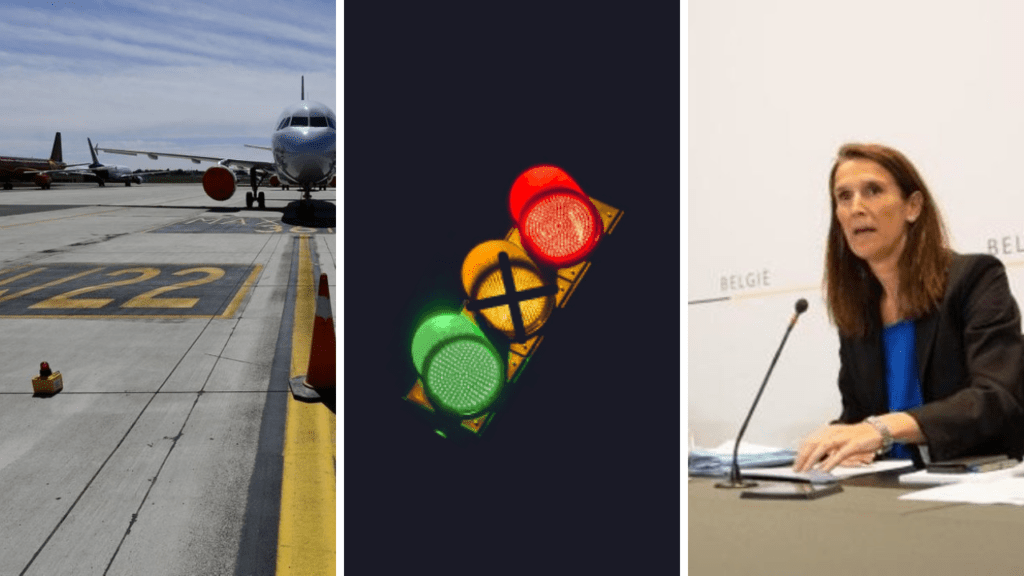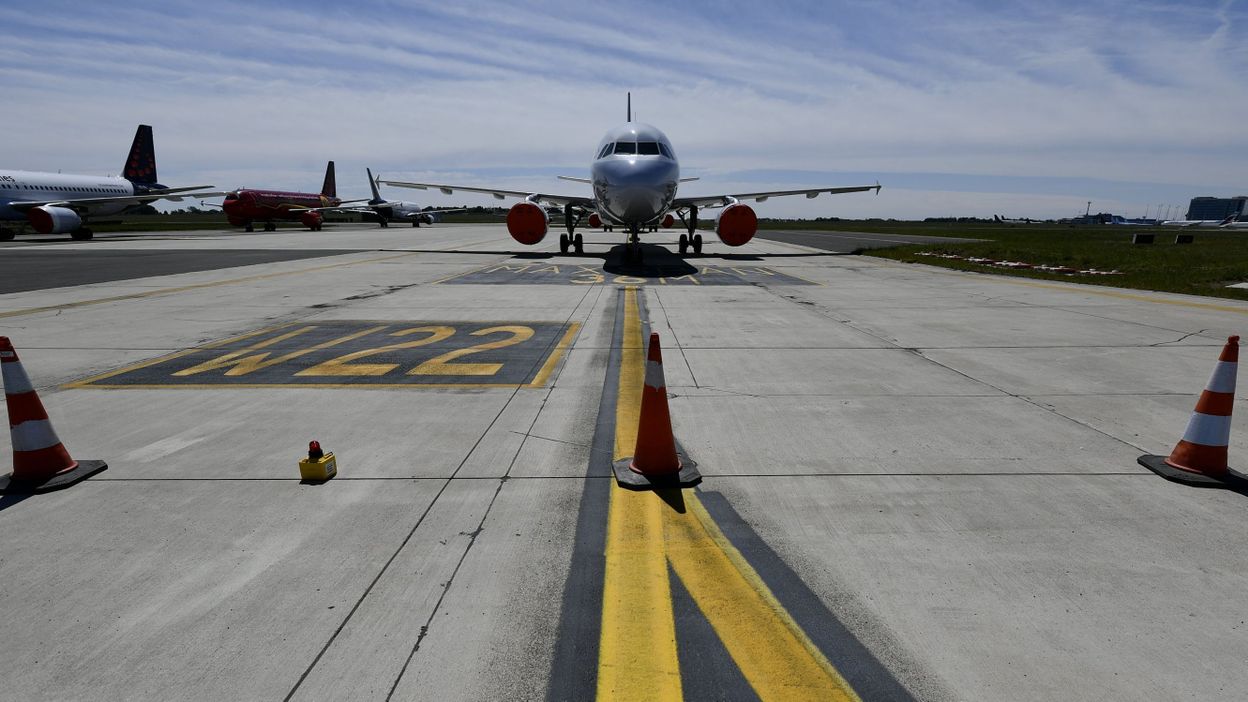In an unexpected twist, news announced this morning fundamentally means that everything explained yesterday is obsolete - so it's time to go back over Belgium's travel system.
Green still means go (or you can go, people actually wanting to travel is a totally different issue, as is the debate on if Belgians are allowed to enter the countries that Belgium has marked green). Red still means a formal travel ban, so people returning from a red zone are required to be tested and quarantined when back in Belgium.
Orange zones, however, now no longer require a quarantine - even if it was voluntary in the first place - so travellers now just need to have "increased vigilance."
Hopefully, that will stay the same for a while, but there's a cheat sheet below to keep you up to speed just in case.
With so much information, and so little time to catch up before it potentially changes again, here are some of the top stories from around the country to get you up to speed.
1. Belgium lifts quarantine recommendations for ‘orange’ travel zones
Travellers returning to Belgium from ‘orange zones’ will no longer be recommended to quarantine, but should be extra vigilant in case they display signs of symptoms, according to the latest update.
Until today, travellers returning from the so-called orange zones were advised – not forced – to undergo a coronavirus test, and self-quarantine. This is now no longer the case.
“If symptoms develop that may indicate Covid-19, travellers returning from an orange zone are asked to contact their family doctor and mention the travel history”, Sciensano explains on its website. Read more.
2. Belgium’s Traffic Light Travel System, updated
On Monday, The Brussels Times put out a simplified version of the Belgian Traffic light system, in an effort to show the core info of the travel ban.
By Tuesday morning, an unexpected update had made our simplified version obsolete, changing the Orange Zone rule, which was already proving to be the most complex of the three.
So, let’s try that again. Read more.
3. What Belgium’s Security Council will discuss tomorrow
Belgium’s National Security Council will meet again on Wednesday, to discuss the next step in the country’s exit plan.
The Council will meet on Wednesday morning from 8:00 AM, and a press conference will take place afterwards, a spokesperson confirmed.
However, the big topics have already been resolved. Initially, the obligation to wear face masks in shops would be discussed on Wednesday, but the decision was taken earlier than expected.
4. Belgium hopes 'common sense' will keep people from the red zones
Belgium issued a formal travel ban for areas it considers "red" and an obligation to quarantine when returning, but the authorities are counting on people's common sense to respect the measure, as they have no real way of checking.
Belgium's travel ban only applies to non-essential travel, meaning airlines can still fly, and people can still go if they have a valid reason.
“Red zones mean that non-essential travel is not allowed for those areas, but that does not mean that we are not allowed to fly," Wencke Lemmes, spokesperson for Brussels Airlines, told The Brussels Times. "Also taking into account that we have non-Belgians on board," she added. Read more.
5. Coronavirus: Belgian health experts sound the alarm
On Monday, three health experts sounded the alarm about the increasing figures in Belgium in the special coronavirus commission of the Flemish parliament.
Belgium’s coronavirus response is likely to be insufficient if a second wave occurs, according to them.
More specifically, virologist Marc Van Ranst fears that it will be very difficult to withstand a new wave of the pandemic with the current approach. Read more.
6. Coronavirus antibody study reduces hope for vaccine
Coronavirus antibodies stay in the body for only a few months, a new study by scientists in Munich suggests.
Antibodies are proteins that are produced by the body to fight infections, such as the new coronavirus (Covid-19). The new results reduce hope for a vaccine or collective immunity.
Patients at a clinic in Munich showed a significant drop in the number of so-called neutralising antibodies in the body, said Clemens Wendtner of the hospital’s infectious diseases department. Read more.
7. New coronavirus infections rise by 11% compared to last week
The average number of new coronavirus (Covid-19) infections per day over the past seven days has increased by 11% compared to the previous week, according to the most recent figures from Sciensano.
There were 95.3 new infections per day on average.
Belgium now has 62,781 confirmed cases, which is an increase of 74 compared to Monday. Read more.
Jules Johnston
The Brussels Times



